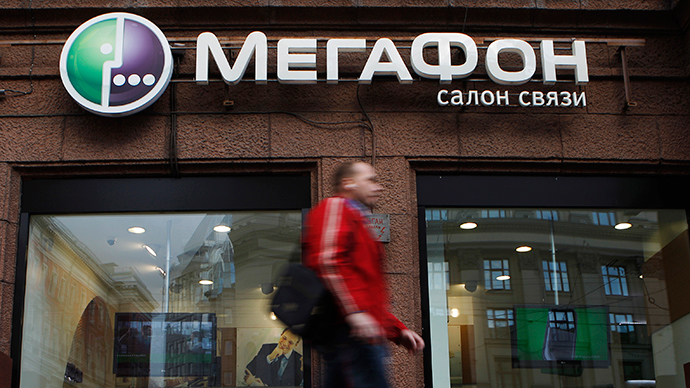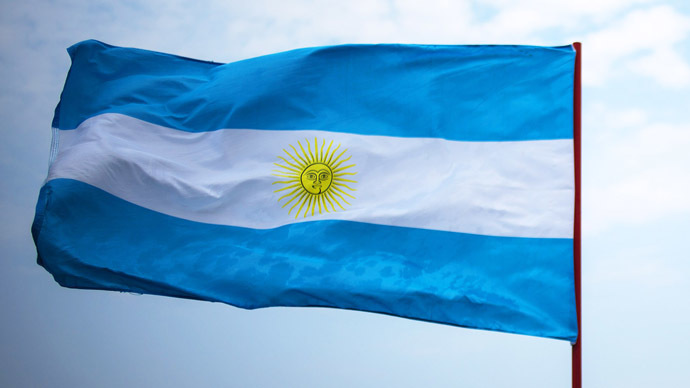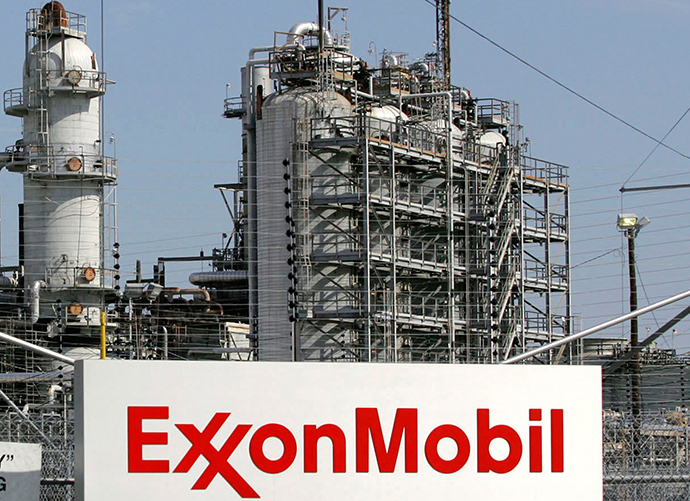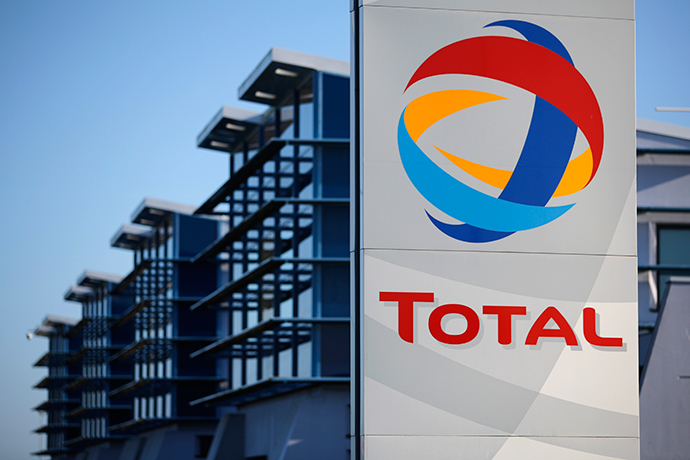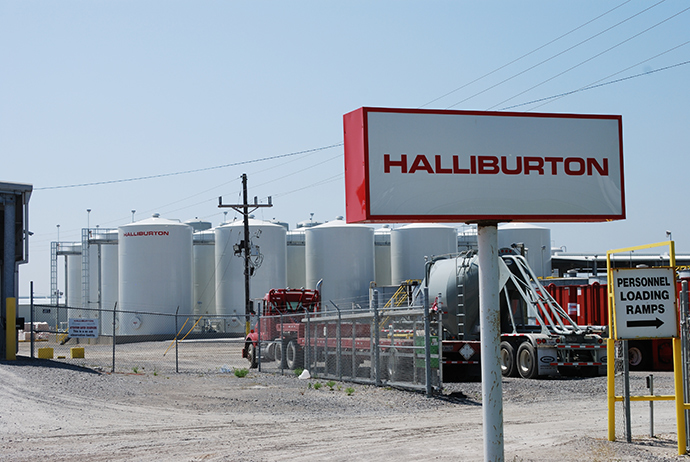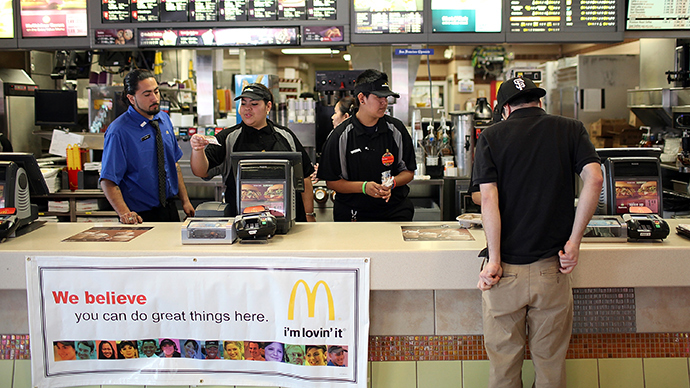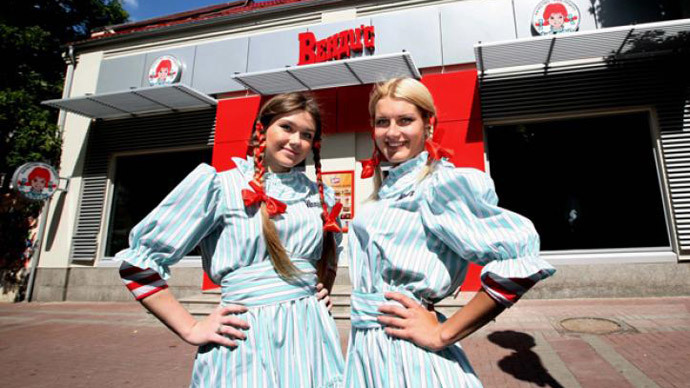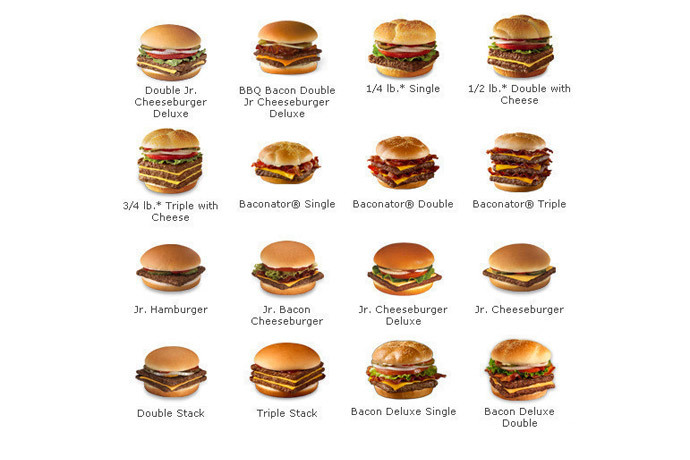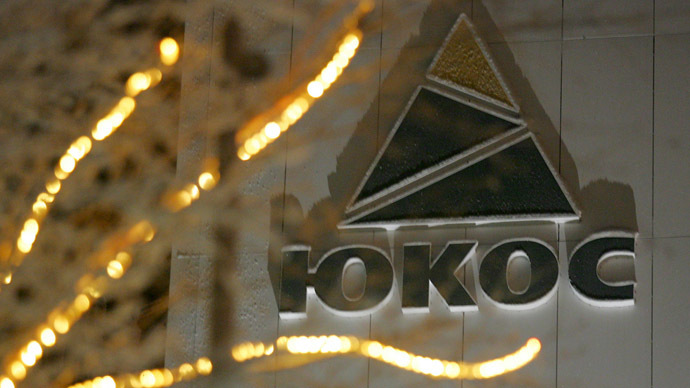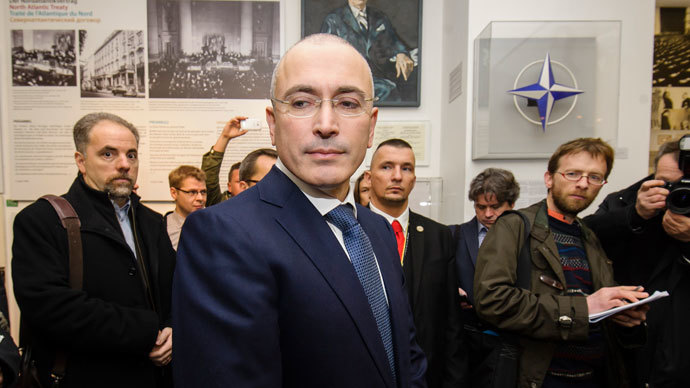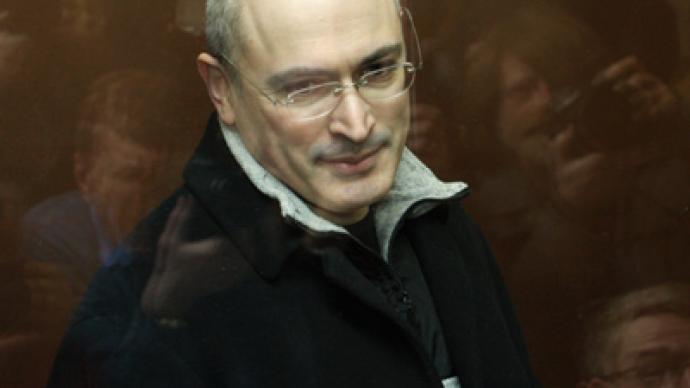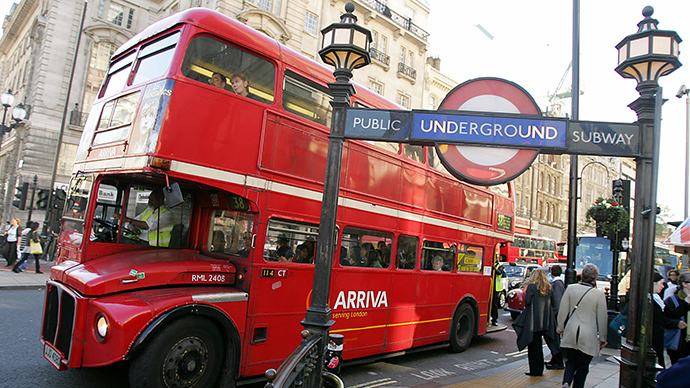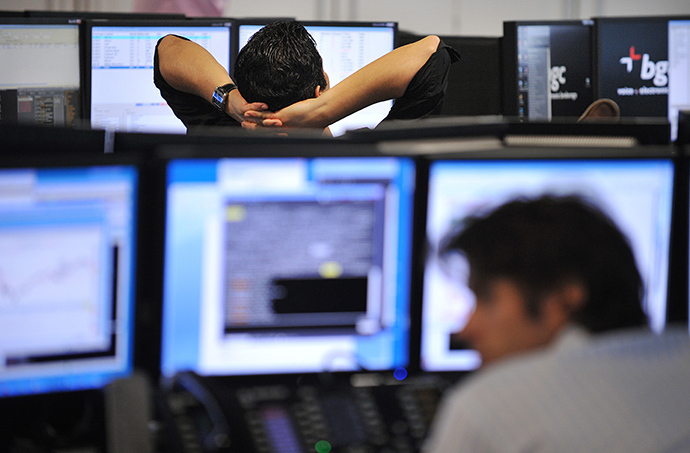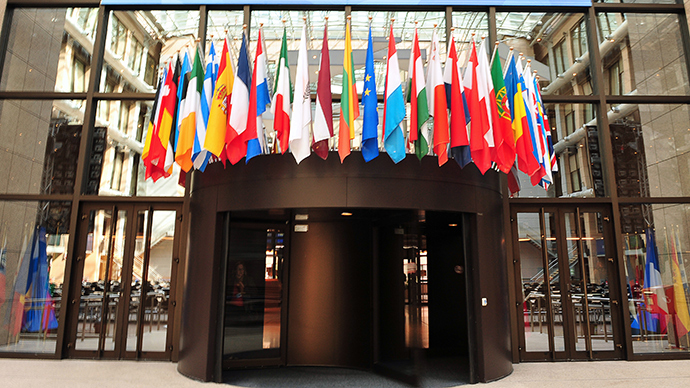The European Union has imposed sectorial sanctions on five Russian banks, including the country’s biggest, Sberbank, as part of economic steps that Europe, along with the US, have taken against Moscow over the crisis in Ukraine.
EU adds 8 individuals, 3 Russian companies to
sanctions list over Ukraine crisis
The list, published Thursday, includes Sberbank, VTB Bank,
Gazprombank, Vnesheconombank (VEB) and Russian Agriculture Bank
(Rosselkhozbank).
These financial entities will be banned from raising capital on
the EU’s capital markets.
The sanctions – targeting banks with state ownership of over 50
percent – enter into force on August 1 and will be valid for one
year. The decision can be reviewed after three months.
“In order to restrict Russia’s access to EU capital markets,
EU nationals and companies may no more buy or sell new bonds,
equity or similar financial instruments with a maturity exceeding
90 days, issued by major state-owned Russian banks, development
banks, their subsidiaries outside the EU and those acting on
their behalf. Services related to the issuing of such financial
instruments, e.g. brokering, are also prohibited,” the EU
Council said in a statement.
Agreed restrictive measures in view of #Russia‘s
role in Eastern #ukraine now
published in the EU official journal: http://t.co/a5qkjM6OXT
— EU Council Press (@EUCouncilPress)
July 31, 2014
It excludes EU subsidiaries of the Russian banks.
Only three of the banks on the sanctions list have subsidiaries
in Europe: Sberbank, VTB and Gazprombank. Sberbank Europe AG
(former Volksbank International) operates a network of banks in
Central and Eastern European countries.
Sberbank is the largest bank in Russia and Eastern Europe, and
the third-largest in Europe. The bank caters to over 106 million
customers in Russia alone, while over 11 million people use its
services abroad.
Sberbank’s majority shareholder is Russia’s Central Bank.
The bank is the key lender to the Russian economy. According to
the bank’s estimates, as of the end of 2013, Sberbank is the
biggest receiver of deposits in Russia, with 43.3 percent of
retail deposits, 32.7 percent of retail loans and 32.1 percent of
loans to corporate customers.
In 2013 Sberbank was ranked the world’s 63rd most valuable global
brand by Brand Finance. The Sberbank brand was valued at $14.16
billion and is recognized as the most valuable brand in Russia.
Gazprombank said in a statement that the new sanctions do not
affect the bank’s financial stability and work. The bank
continues to operate as usually providing services to both
individuals and legal entities and transactions both in roubles
and foreign currencies proceed without delays. The measures taken
by the EU are almost the same as those imposed earlier by the US,
the bank said.
“In these circumstances, Gazprombank continues to completely
fulfill its liabilities to investors, depositors and
creditors,” the statements published on the bank’s website
reads.
In response to the sanctions, VTB said that it strongly
disapproves of the EU’s decision, adding that the bank and all
its subsidiaries will continue to operate as usual.
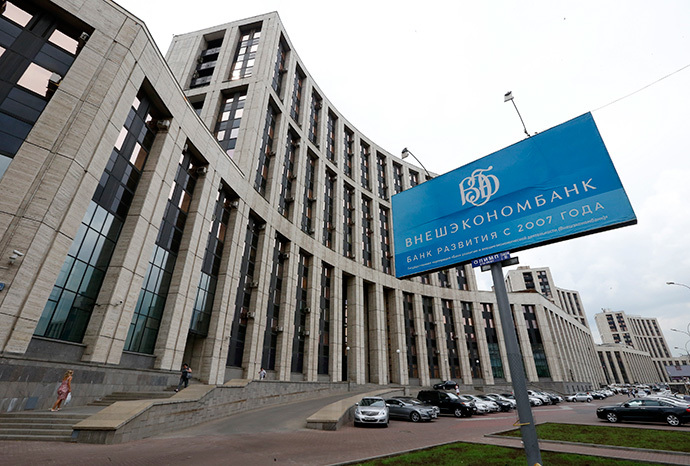
“Such actions contradict Europe’s democratic values, showing
they have gone against their own interests to do the bidding of
their senior colleagues from across the ocean,” the bank
said in a statement. “These decisions are incompatible with
the core principles and values of the free market, and
discriminate against VTB as well as international investors.
European authorities have de facto granted themselves the right
to decide for investors where they may invest their own
funds.”
Earlier this week, Washington added new names to its list of
sanctioned Russia-affiliated entities, including Russian
Agriculture Bank and VTB, the second largest bank in the country.
Sberbank was left untouched by the Americans.
Russia’s Central Bank promised Wednesday to support financial
institutions hit by Washington sanctions. On Thursday, as the EU
made its announcement, the regulator said it was ready to offer
hand to banks facing restrictions from the EU.
“Banks affected by the EU sanctions are capable of coping
with problems on their own,” the Central Bank’s press
service told Itar-Tass. “Their foreign currency position is
well-balanced. But if there are extra risk factors, the [Central]
Bank of Russia is ready to offer liquidity under the existing
instrument.”
Arms, equipment exports imports targeted
Additionally, the EU imposed an embargo on the import and export
of arms and related material to and from Russia.
Also, exports of “certain energy-related equipment and
technology” to Russia will be subject to prior authorization
by EU authorities.
“Export licenses will be denied if products are destined for
deep water oil exploration and production, Arctic oil exploration
or production and shale oil projects in Russia,” the EU
said.
The sanctions will only apply to new contracts and will not
affect deals finalized before August 1.
The French contract with Russia on the construction and shipment
of the Mistral helicopter carrier warships will not be canceled
under the new restrictions, since it was signed in 2011.
The EU Committee of Permanent Representatives approved its
toughest yet sanctions against Russia on Tuesday. On Thursday,
the package was adopted by the EU Council and published in the Official Journal of the
28-member state union.
Moscow slammed the move, saying it was disappointed by the
EU’s inability to act independently from the US in the
international arena.
“We feel ashamed for the European Union who, after long
searching for a unified voice is now speaking with Washington’s
voice, having practically abandoned basic European values,
including the presumption of innocence,” the Russian Foreign
Ministry said in a statement Wednesday.
Article source: http://rt.com/business/177088-eu-sanctions-banks-sberbank/
